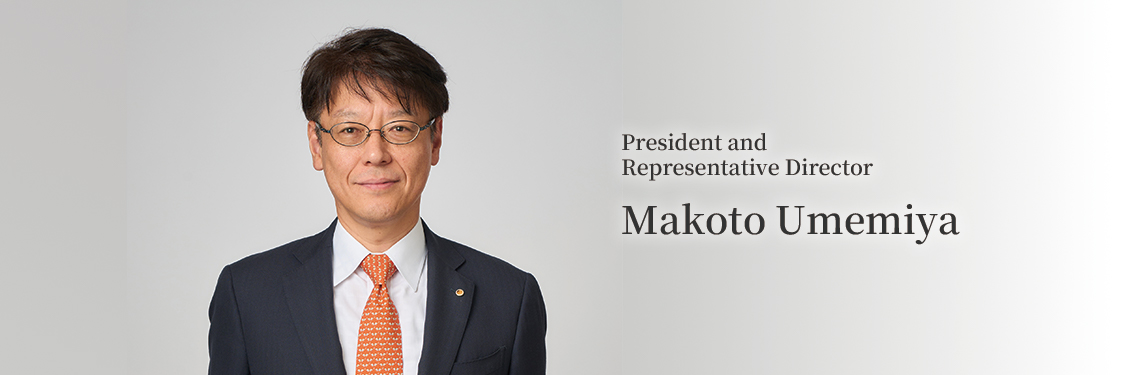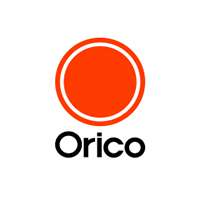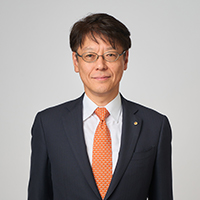Corporate Information
President’s Message

As of April 1, 2025, I am honored to take on the role of President and Representative Director of our company.
For the past 70 years since our founding, we have provided reliable, safe, and convenient financial services, including auto loans, supporting the lives of many customers.Building on the trust and strengths we have cultivated throughout this long history, we aim to meet the diverse needs of our customers through our business. Our commitment is to achieve sustainable growth and enhance our long-term corporate value while also contributing to the resolution of social issues. We aspire to continue building a better future.
To accomplish this, it is essential to pursue sustainable transformation that flexibly responds to the changing times. Together with our customers and business partners, we will realize our purpose: "Open the Future with You," and strive for mutual growth.
Currently, we are in the process of formulating a new mid-term management plan that will follow our existing plan, which concludes in March 2025.
While we will share specific details in due course, we will identify materiality aimed at realizing our vision for society and our desired state in the next decade. We will reflect these issues in our business strategy to achieve robust growth and create social value through our operations.
Thanks to the unwavering support of our stakeholders, we were poised to celebrate our 70th anniversary in December 2024.
As we move forward, we remain committed to being a company that continues to earn the trust of our customers, striving together to build a better future. I kindly ask for your continued support and guidance.
Corporate Information
-
Corporate information top page

- Corporate information top page
- Corporate information on Orient Corporation
-
President’s Message

- President’s Message
- President and Representative Director explains Orient Corporation’s management policy.
-
Corporate Philosophy

- Corporate Philosophy
- Orient Corporation’s Vision, Policy and Code of Conduct
-
Management Policies

- Management Policies
- This page provides an overview of our basic management policies
-
Corporate Governance/Risk Management/Compliance

- Corporate Governance/Risk Management/Compliance
- Introducing Orient Corporation's corporate governance/risk management/compliance.
-
Corporate Overview

- Corporate Overview
- Basic information regarding Orient Corporation, including its organization of head office, access information, management and history
-
Orico in Figures

- Orico in Figures
- Quantitative information on businesses of Orient Corporation
-
Growth Strategy

- Growth Strategy
- Orient Corporation's strategies and initiatives to contribute to society and enhance corporate value.
-
Business Overview

- Business Overview
- Orient Corporation’s operations including its auto loans, shopping credit, and credit cards business segments
